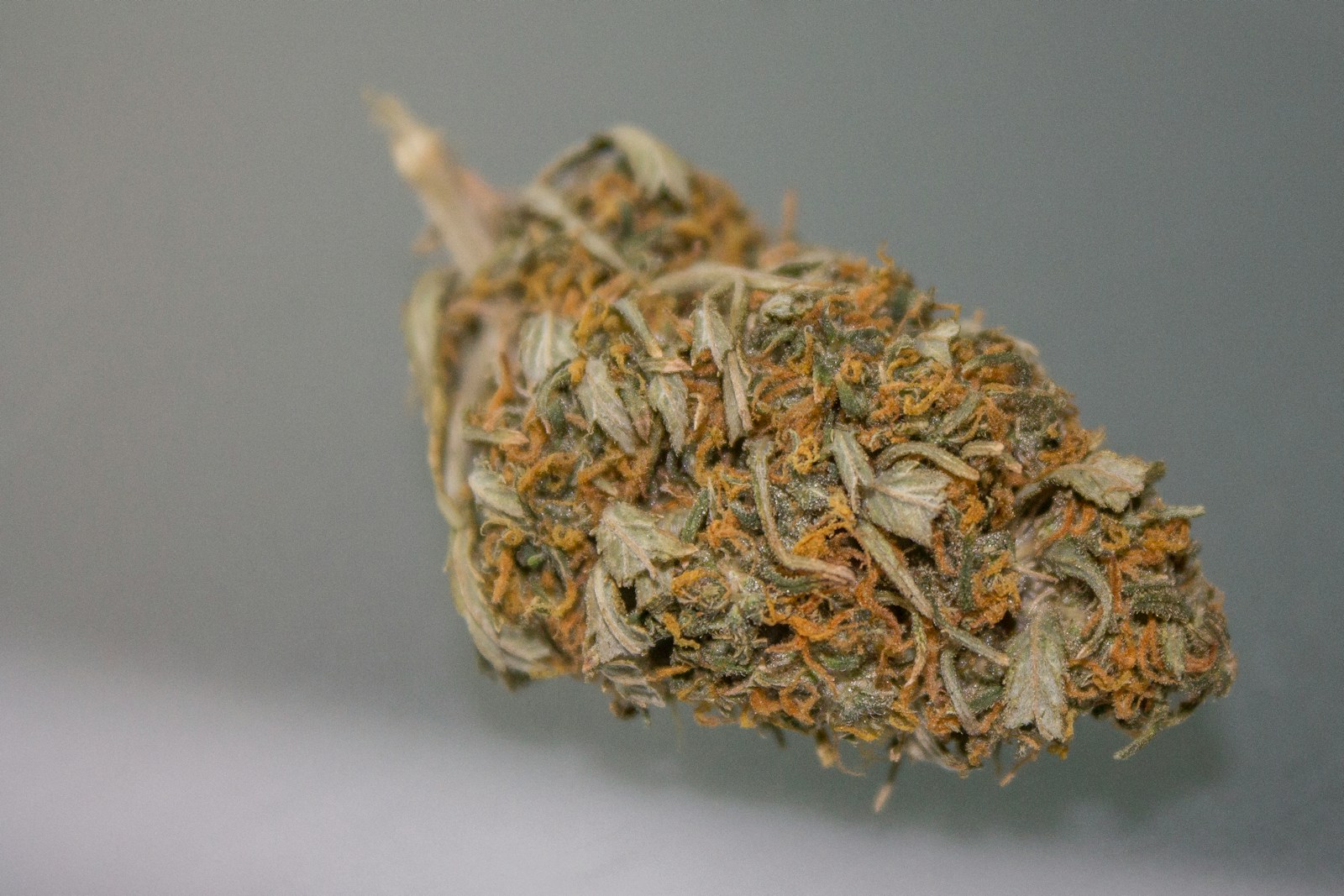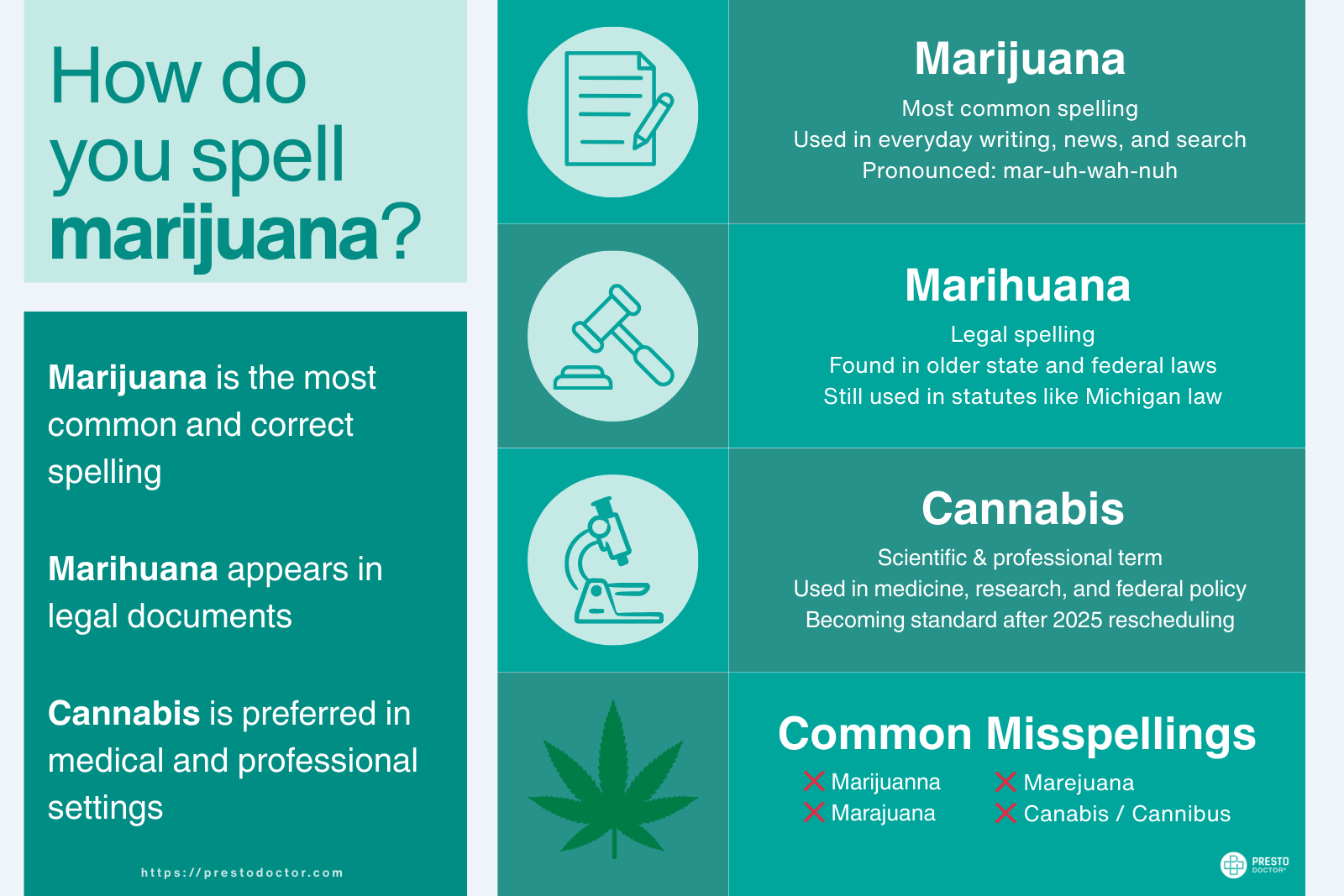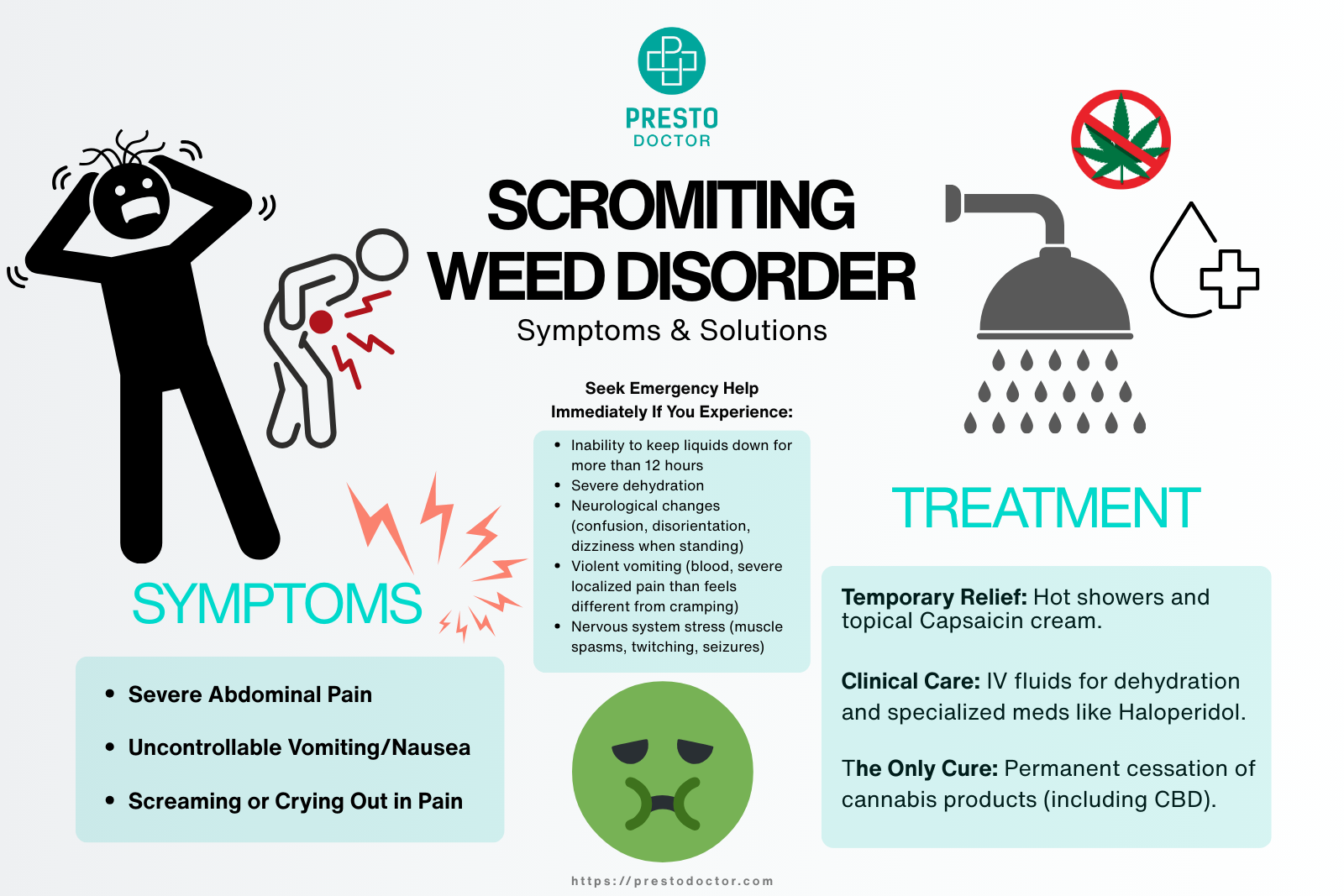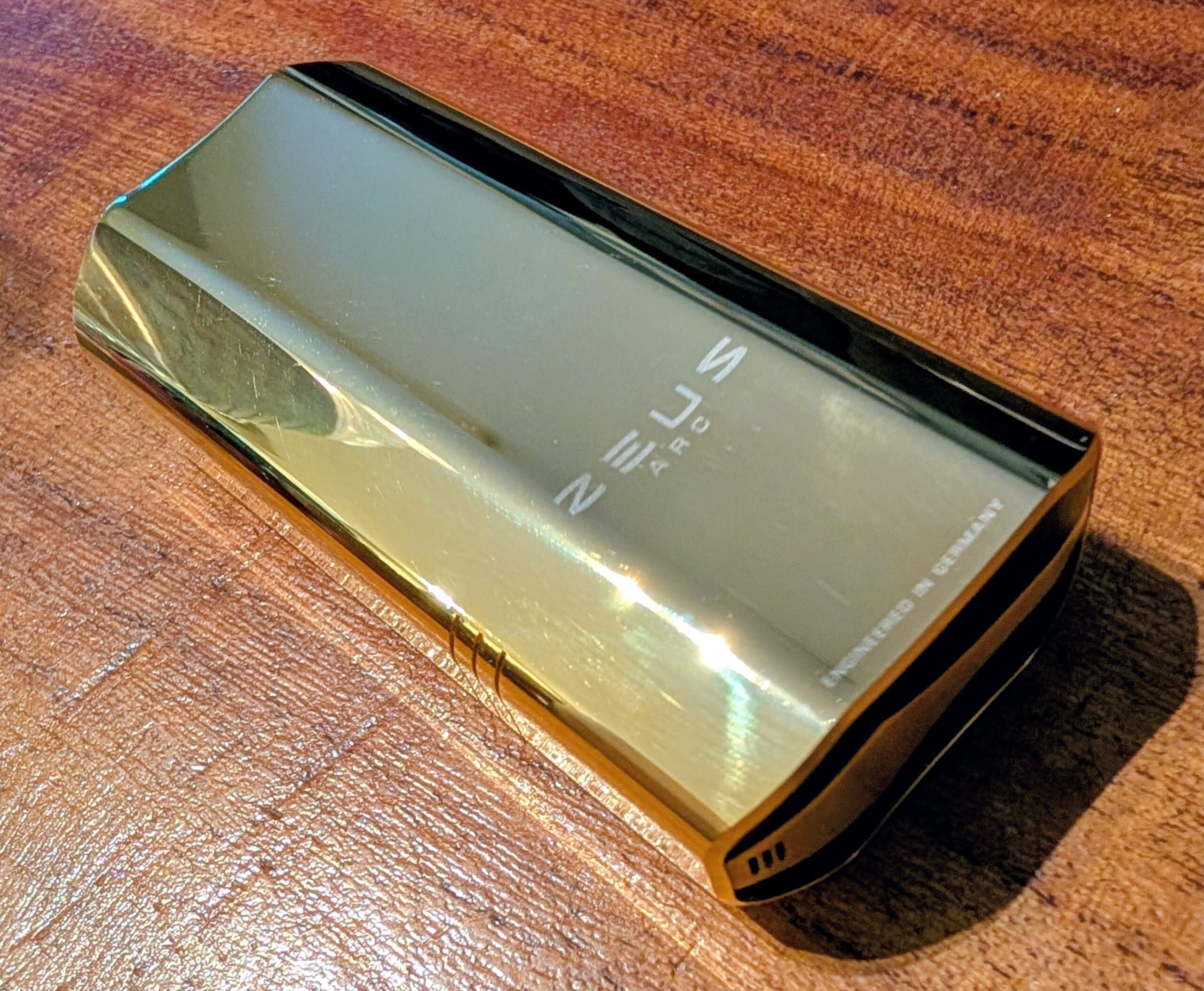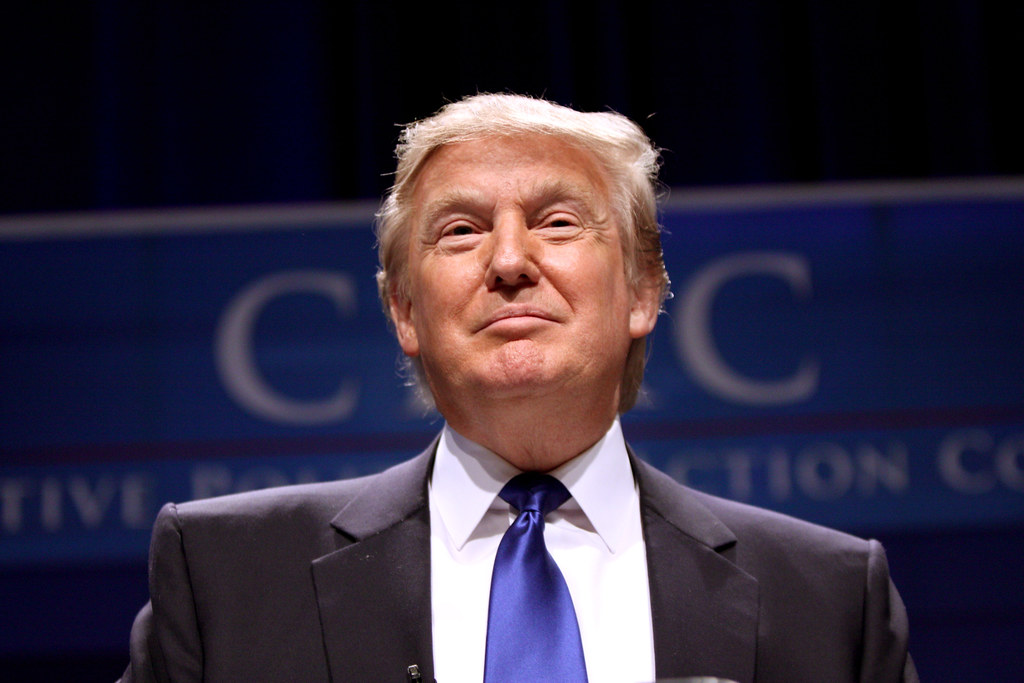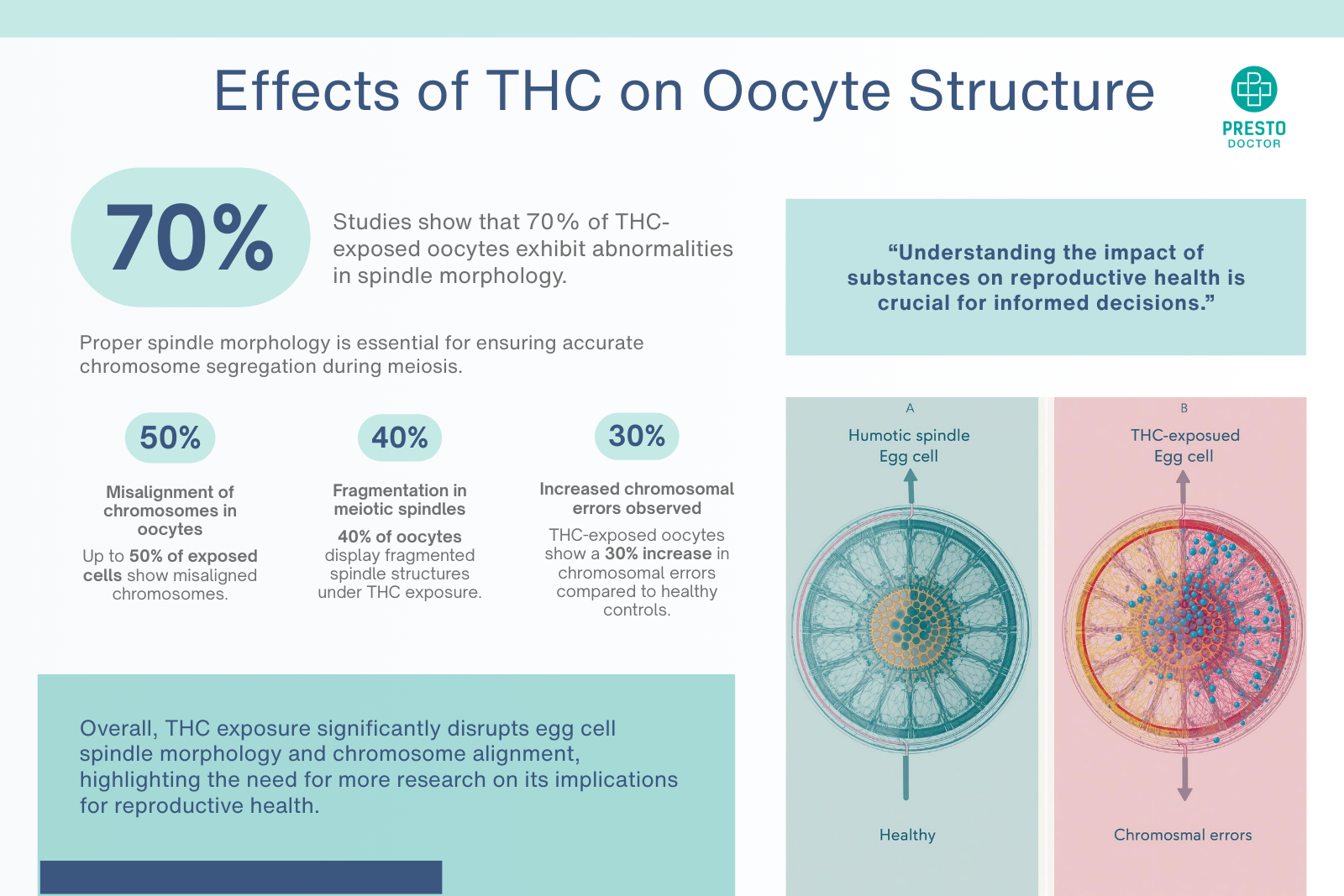
Cannabidiol (CBD), one of the least active of cannabis’ 113 identified cannabinoids, could be the best weapon for ending the stoner stereotype.
The days of Spicoli, Thurgood Jenkins and Cheech & Chong being the faces of marijuana in the public eye decrease with each passing day. Today, names like Justin Gover, Dr. Stuart Titus and many others are the public figures spearheading CBD and chipping away at the final remnants of the stoner stereotype.
“CBD acts as an antagonist that binds CB1 endocannabinoid receptors. CBD doesn’t activate the receptor, but blocks the agonist THC from producing the psychotropic effect of being “stoned,” explains Dr. Richard Clark Kaufman, B.S., M.S., Ph.D., a co-founder of NanoSphere Health Sciences Inc.
When it comes to medical marijuana, CBD has the ability to improve the lives of numerous patients while showing skeptics that there is a way to heal without getting high.
What CBD Does for Some Patients

The power of CBD has grown over the years, thanks in part to a booming market that serves everyone from seniors to pets. Under the now rescinded Cole Memo, CBD’s legal status appears a bit murkier. However, 44 states currently allow for CBD sales.
Damon Raskin, M.D., a physician board-certified in addiction medicine and the chief medical advisor of Cliffside Malibu, a leading addiction treatment center in Los Angeles, agrees that some patients with chronic pain conditions could benefit by using CBD as an alternative to prescription opioid medications. However, despite the World Health Organization (WHO) stating that current evidence “does not justify scheduling of cannabidiol,”, he encourages more research before making any definitive statements.
The problem with anything declarative about marijuana and addiction is its status as a Schedule I controlled substance, which means virtually no research has been done on the drug in the U.S. No doubt, WHO’s intentions are good but from a medical science point of view, it’s premature to declare CBD nonaddictive.
Additional research is now coming to the forefront through international studies and small amounts of U.S. research. However, we will likely need to wait for more tests to achieve a significant amount of data for conclusive findings.
Despite positive sentiment already, there is room for improvement. “CBD has shown impressive potential in pre-clinical trials for treating neuroinflammation, epilepsy, anxiety disorders, inflammatory diseases, oxidative injury, brain trauma vomiting, nausea and tumors,” Dr. Kaufman elaborated. “Unfortunately, only about 6% of ingested CBD reaches systemic circulation. Only 1% of CBD entering the blood stream passes the blood-brain barrier to enter the brain.” Increasing the bioavailability of CBD to cannabinoid receptors, which varies depending upon your ingestion method, is at the center of NanoSphere’s work.
How CBD is Improving the Image of Cannabis
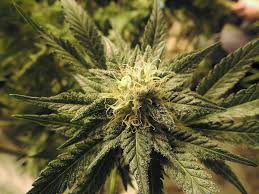
Medicine and Pharma are just two areas that help promotes CBD’s reputation. From sports to government, influential public figures are stepping up to let their voices be heard on the topic.
Personal circumstances led some to champion the power of CBD. Michal Takac found himself forced into the field a decade ago. He needed something to ease his pain after a horrible printing press injury left him without three fingers and scars. After multiple rounds of pain medication prescribed by doctors, Takac found his solution in CBD. A combination of hemp oil and CBD lessened his scars and pain.
Now, he champions the cause for others — something he knows is not understood by the public. He told the Independent, “I have friends with children who have autism and they have started taking CBD oil…After three weeks, it’s amazing when you see a child making eye contact, when they have never done that before.”
The same occurs in a wide range of athletics. Most linked to the marijuana culture is the Marin County, California-based 420 Games. Major American sports like the NFL and NBA also have its fair share of advocates. NBA veterans from Jay Williams to Cliff “Uncle Spliffy” Robinson advocate for marijuana’s ability to treat wear and tear related injuries — with Robinson having his own dispensary in Portland, Oregon.

In the NFL, a slow but growing number of former players are using their voice for CBD. With 99% of deceased players studied shown to have chronic traumatic encephalopathy (CTE), in addition to other debilitating injuries, any treatment could be a viable option. So far, the league hasn’t felt the same way.
That has not stopped former players like Jake Plummer, Eugene Monroe and Marvin Washington to champion marijuana and CBD. Washington is now a plaintiff in a case challenging the 1970 Controlled Substances Act. Currently, a managing partner for an industrial hemp producer, Washington explained his relationship with CBD after playing football. “I have a vape that’s 85 percent CBD—it makes my body feel well…When I stand up, I don’t have to unwind myself. I can just stand up.”
Everyday People Become Leaders
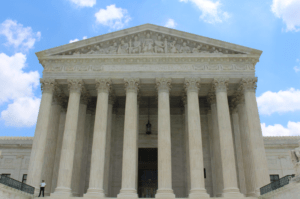
Everyday Americans find themselves becoming prominent figures in the fight as well. Parents like Paige Figi had to become advocates for people like her daughter who suffer from epilepsy and other conditions. This led Figi to found Coalition for Access Now, a nonprofit that lobbies for CBD and hemp legalization. Her group’s efforts now support Republican-sponsored legislation to remove CBD and plants with similar characteristics from marijuana’s classification as a schedule 1 Drug. With bipartisan efforts being led to champion hemp and CBD, the American public gains more influential figures in the bid to ending the stoner stigma.
With support growing from public and private figures, CBD finds itself in the forefront of the perception war. By seeing the positive effects CBD has on everyone from the Figi family to professional athletes, the public sees the positive side of cannabis once more. By showing its true healing potential and non-psychoactive effects, CBD helps change lives, but also skeptical minds.
Questions Left to Answer
While CBD helps repair the image of a marijuana user, there is still much to be learned. In addition to his thoughts above, Dr. Raskin stressed how we are in the early stages of determining safe dosage levels. “Until state and federal regulatory authorities step in and institute uniform dosages for marijuana and CBD products, consumers should proceed with caution.”
New findings could always change the discussion. However, as it stands, CBD serves as a viable option for many pain sufferers and medical conditions. Each success story brings further positive press about CBD. In doing so, it reveals yet another person far from being Jeff Spicoli. Instead, they are just like you or me — and this is the medicine they use to function through each day.

